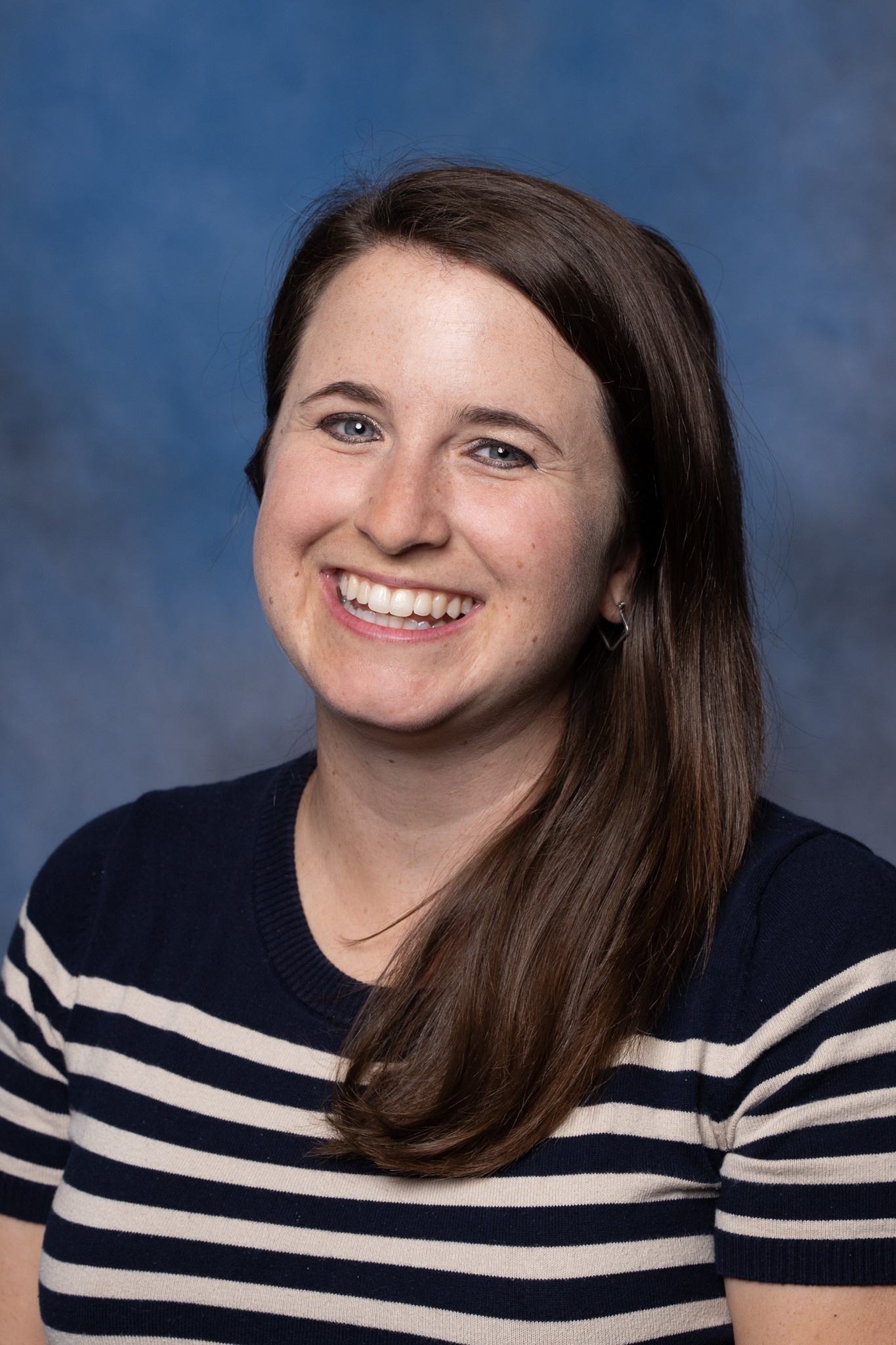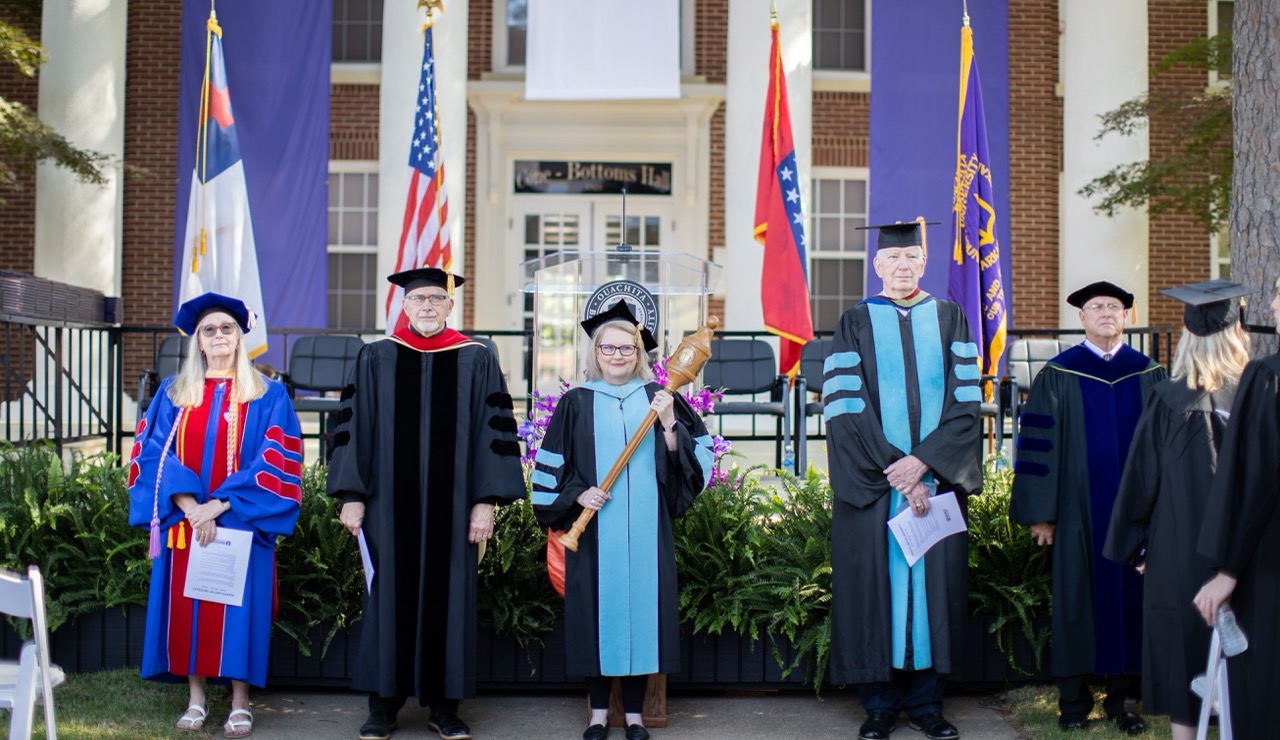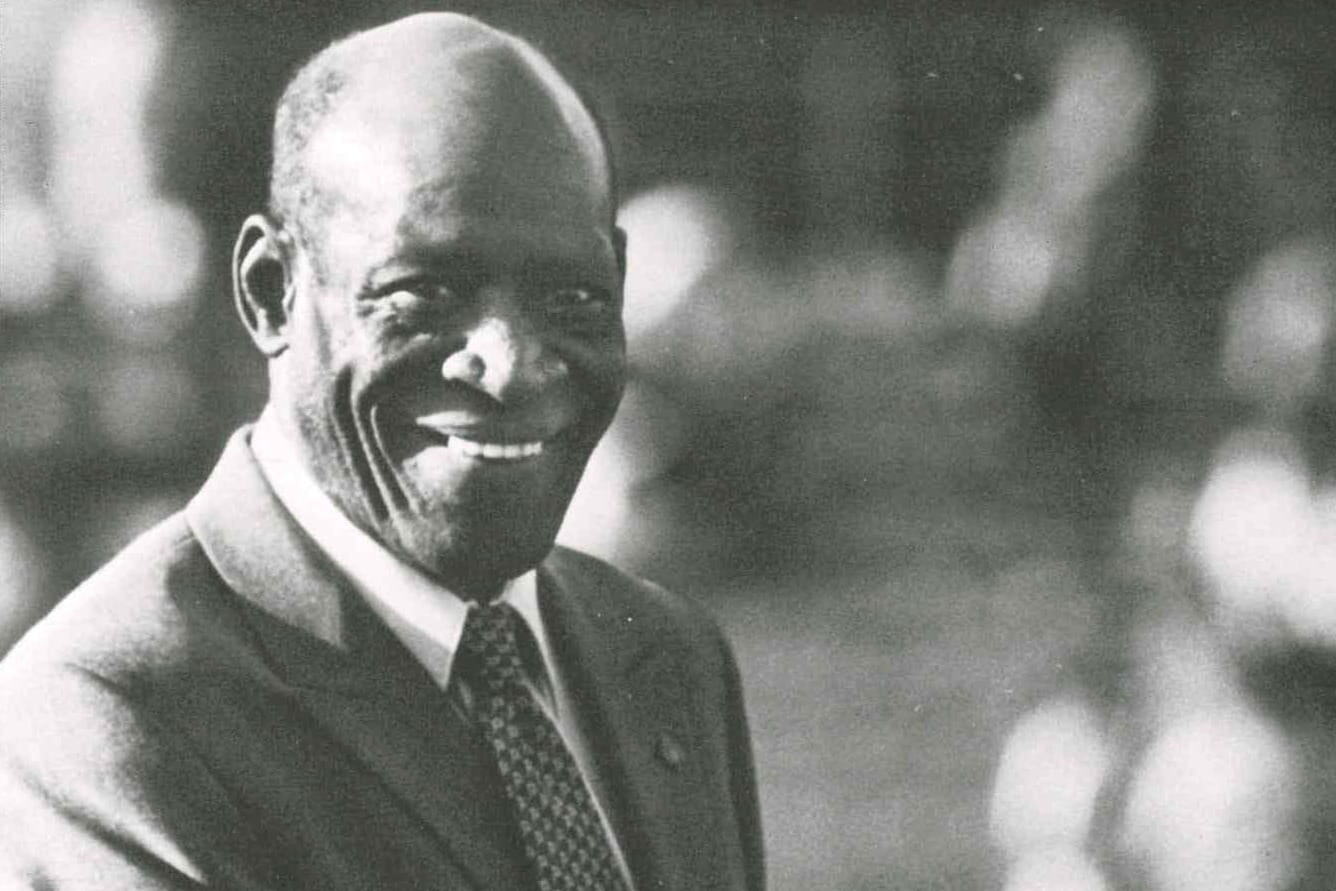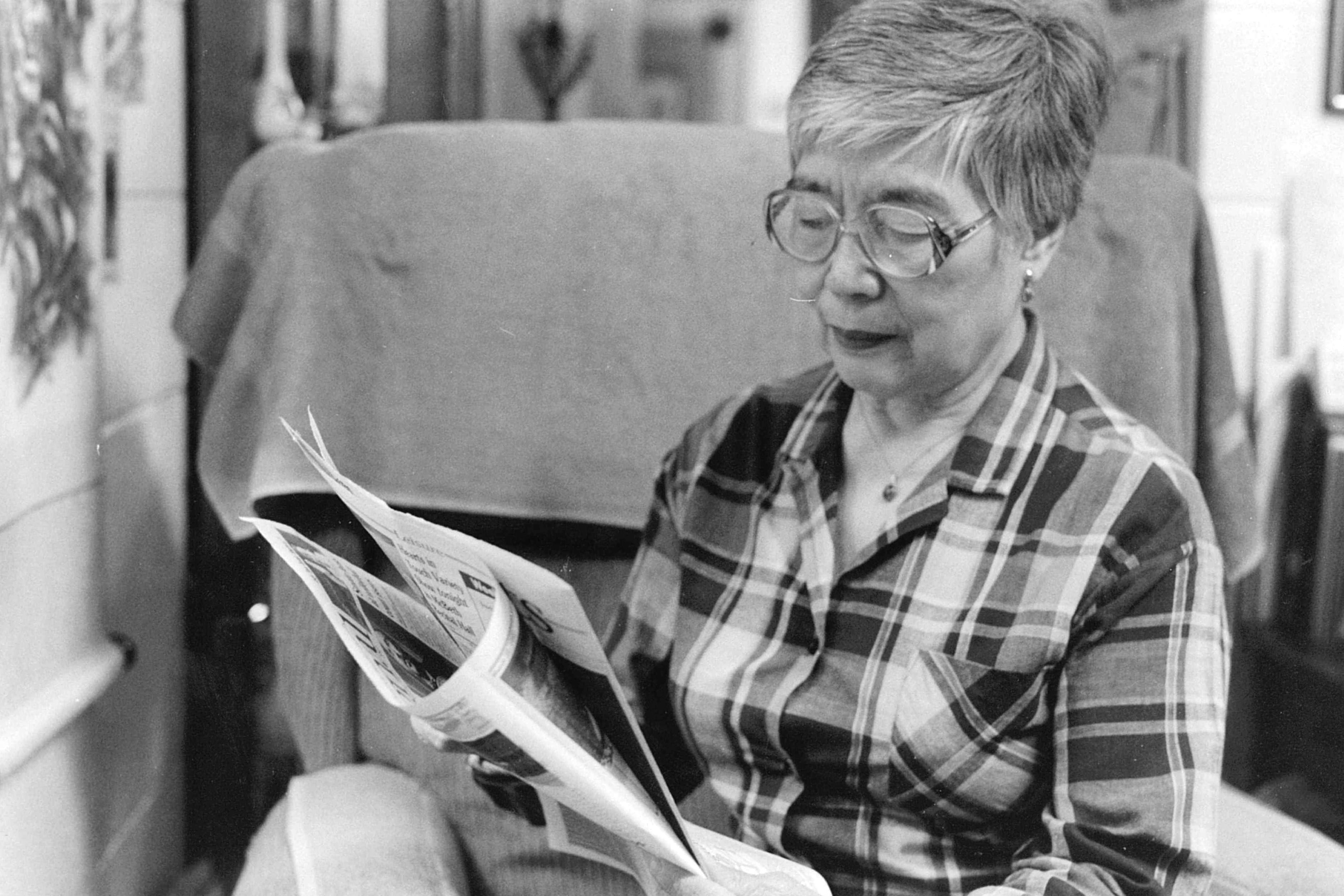Ouachita’s Myra Houser authors “Bureaucrats of Liberation” book on apartheid-era civil rights leaders
 July 13, 2020
- Rachel Gaddis
July 13, 2020
- Rachel Gaddis
Dr. Myra Ann Houser
Ouachita Baptist University’s Dr. Myra Ann Houser, assistant professor of history, has authored “Bureaucrats of Liberation: Southern African and American Lawyers and Clients During the Apartheid Era,” to be released in September 2020. The book is published by Leiden University Press as well as University of Chicago Press.
Built on research from Houser’s doctoral dissertation, “Bureaucrats of Liberation” details the history of the Lawyers’ Committee for Civil Right Under Law, an organization of lawyers founded at the request of President John F. Kennedy in 1963 to fight for public policy changes regarding civil rights in America. The book also covers the organization’s Southern Africa Project, an effort spanning three decades to provide support to Namibian and South African lawyers in their struggle against illegal occupation and apartheid.
According to Amazon.com, Houser’s documentation of the Lawyers’ Committee and the Southern Africa Project “provides a lens into 20th century geopolitics tied to anti-apartheid, decolonization, Cold War and movements agitating against white supremacy. In doing so, it pays careful attention to the Project’s different eras, beginning with U.S. Executive Branch officials helming the effort and evolving into a space where more activist-oriented attorneys on both sides of the Atlantic drove its mission and politics.”
Houser’s research on the Southern Africa Project and global anti-apartheid movement spans a total of 13 years, as well as three countries on three continents. She studied the American Committee on Africa papers, which are housed in New Orleans; the Lawyers’ Committee papers, housed in New York; the British Anti-Apartheid Papers, housed in Oxford, England; and South African Liberation Movement papers, housed in Johannesburg, Cape Town, Durban and Fort Hare, South Africa. Houser also interviewed former staff of the Southern Africa Project.
“Any type of trans-national history is going to span several historiographies, and this project was no exception,” she said. “In order for this book to work, it needed to speak to not just the Project’s story but also its context within U.S., South African and Namibian histories, as well as within studies of social change, anti-racism, decolonization and the Cold War, among other phenomena.”
Having personally spent her childhood in southern Africa and later transitioning to life in America as a high school student, Houser’s interests – in the apartheid and colonialism that had transpired in the country of her childhood, as well as in U.S. politics and society – also gave her insight to “see themes that connect them, especially the parallels in thinking about race, law and society,” she said.
“In terms of personal growth, I think this work taught me a lot about social change and how difficult but fulfilling that is,” Houser said. “I also think I had the opportunity to learn a lot about the U.S., where I hold a passport but did not live for my early life, and southern Africa, where I did live and go to school but did not hold a passport.
“We’re in this moment in the U.S. that I think we really will look at as a watershed, where many Americans – and particularly many white Americans – are grappling for the first time with the inequities of our society and our own complicities within it,” she continued. “In part, I think that is because of this unique moment where we’ve all been in our houses for three months and had time to reflect on society and want to connect with something bigger than ourselves. But in part, it’s also because of the groundwork of many, many individuals and groups like the Project.
“I hope that folks will either learn or have re-iterated that social change is difficult and complicated and takes a long time, but is ultimately worth it,” Houser said. “Folks working for or with the Project toiled for decades, and they followed centuries’ worth of struggle, working beyond the more performative elements of protest. That they kept moving is something I hope folks who are newer to these types of conversations can learn from.”
A 2007 Ouachita graduate, Houser received her M.A. from College of William & Mary in 2009 and her Ph.D. from Howard University in 2014. Dr. Houser joined the Ouachita faculty in 2014 as assistant professor of history and also coordinates Ouachita’s social justice studies program.
In addition to “Bureaucrats of Liberation,” Houser has published works in “Atlantic Studies,” “Critical Arts,” “History in Africa” and “Safundi: The Journal of South African and American Studies,” as well as within edited volumes.
For more information, contact Dr. Myra Houser at [email protected] or (870) 245-5547.
You Also Might Like
Recent
Ouachita reports Spring '26 enrollment, led by 50% increase in graduate students
February 11, 2026





